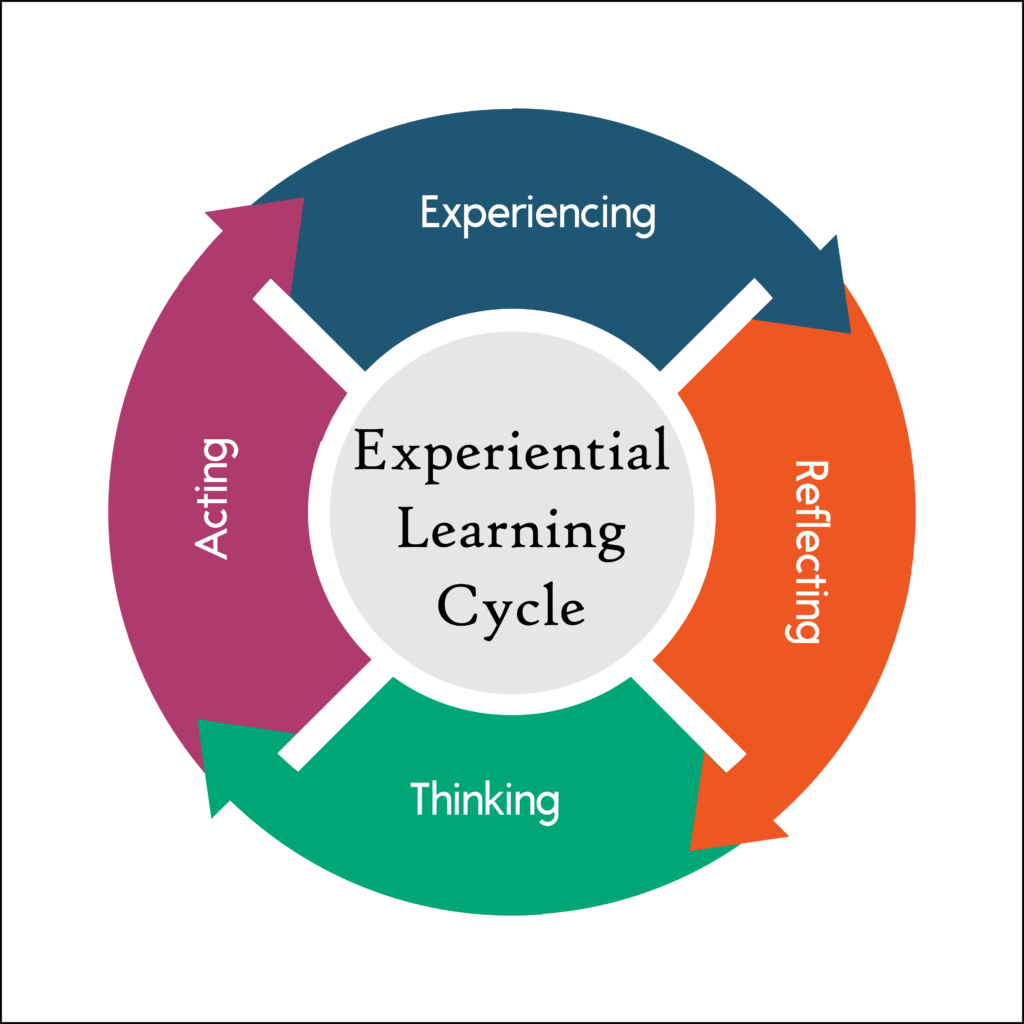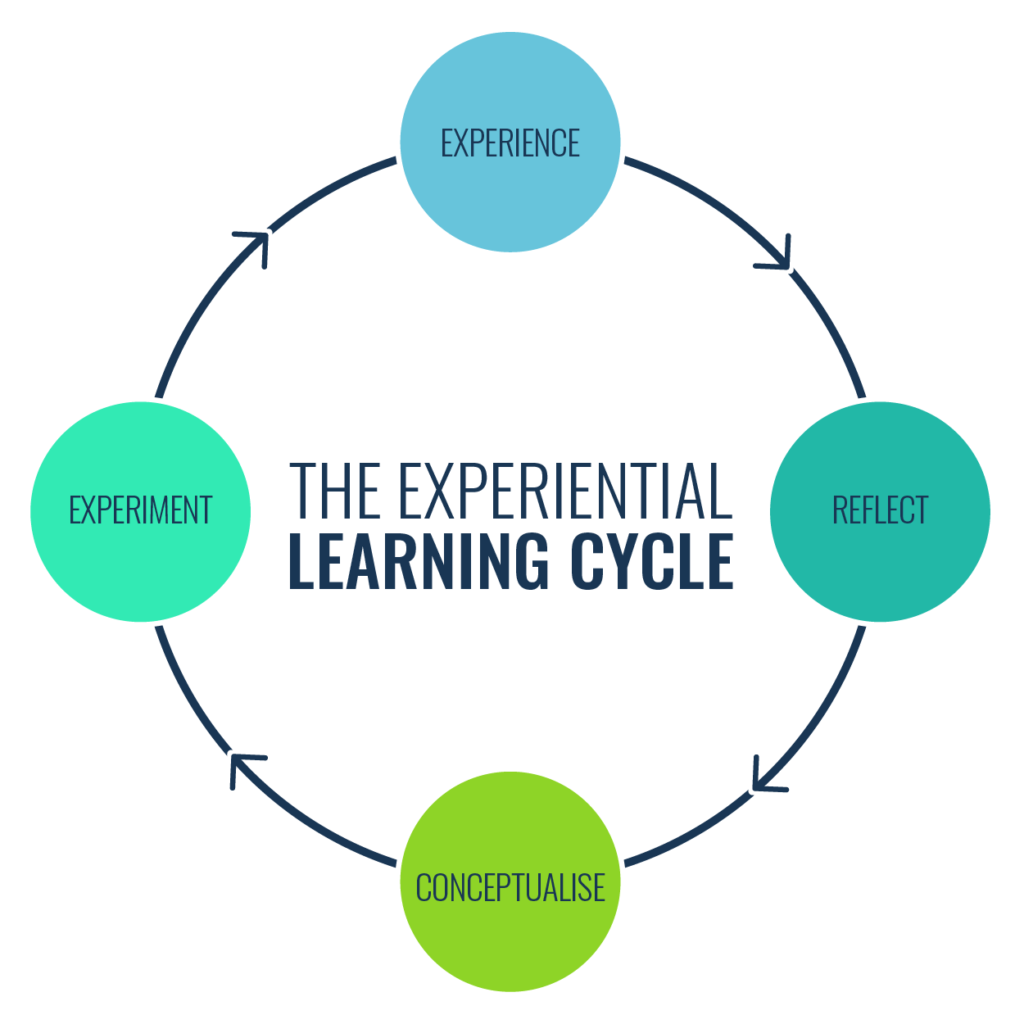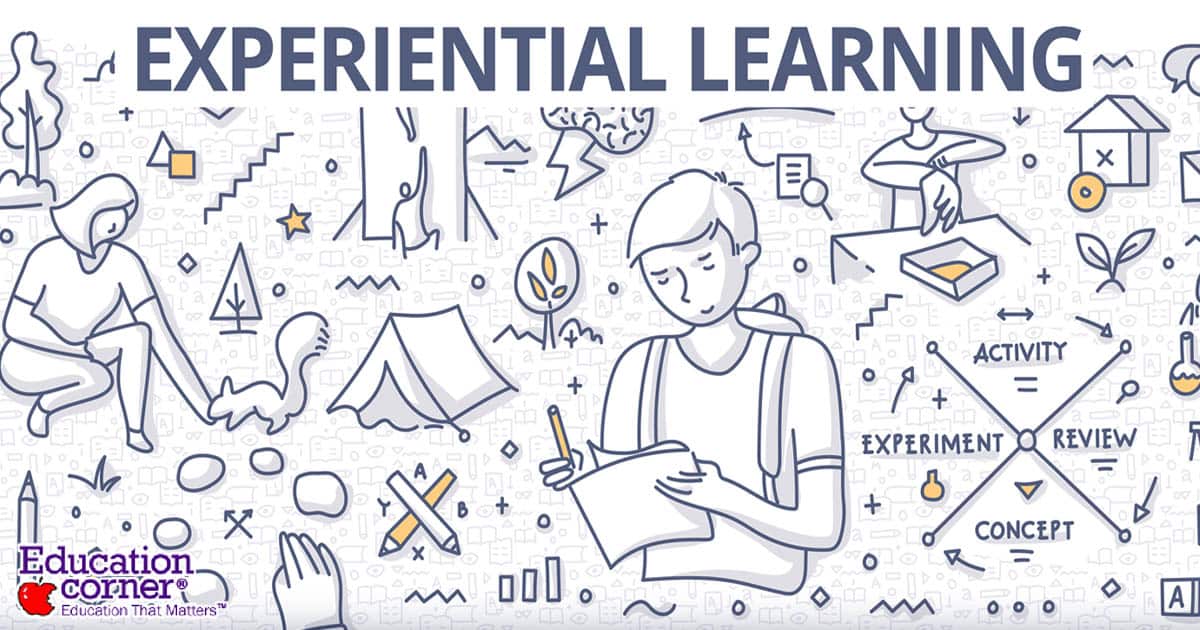Have you ever wondered about jobs that let you create something truly memorable for people, something they can actually feel and touch? Maybe you've seen a pop-up shop that felt more like an art exhibit, or a brand activation at a festival that left you buzzing. Well, you know, these are often the handiwork of experiential agencies, and they're always looking for folks to join their creative teams.
This kind of work, so it's all about making real-world connections, moving beyond just looking at a screen. Experiential, as my text mentions, means "relating to, derived from, or providing experience." It's about bringing ideas to life in ways that people can really get into, and it's pretty exciting stuff, honestly.
So, if you're curious about a career path that blends creativity with real-world impact, then, you know, exploring experiential agency jobs could be just the thing. It's a field that's growing, and there are lots of different ways to get involved, as a matter of fact.
Table of Contents
- What Are Experiential Agencies, Anyway?
- Who Fits Into Experiential Agency Jobs?
- Types of Experiential Agency Jobs You Might Find
- Getting Started in Experiential Agency Jobs
- What to Expect in This Field
- Frequently Asked Questions About Experiential Agency Jobs
What Are Experiential Agencies, Anyway?
So, an experiential agency is a company that helps brands connect with people in a really personal way. They don't just put out ads; they create memorable moments. My text says "experiential refers to relating to or derived from experience or observation," and that's precisely what these agencies do: they build scenarios where people can experience a brand firsthand, you know.
These agencies are all about getting people involved. They might set up a pop-up event in a city square, create an interactive display at a festival, or even design a themed escape room for a product launch. It's about giving folks a chance to touch, feel, hear, and sometimes even taste a brand's message. It's pretty different from just seeing a picture or reading some words, honestly.
The goal is to leave a lasting impression. When you have a positive experience with something, you remember it more clearly, and you feel a connection to it. That's what these agencies aim for, and it's why their work is becoming so popular, as a matter of fact.
The Heart of Experiential
Think about it: instead of just telling you about a product, they let you try it, play with it, or even be part of a story involving it. This kind of marketing, you know, it's about creating a feeling, an actual memory. It's about how "meaning can be found through creative, experiential, and attitudinal values," as my text points out. They design things that stick with you, long after the event is over, as a matter of fact.
It's a way for brands to show, not just tell, what they are all about. For example, a car company might let you drive their new electric vehicle through a specially designed course that highlights its features, rather than just showing a commercial. This hands-on approach builds a deeper connection, you know.
The core idea is to move beyond passive viewing and into active participation. This creates a stronger emotional bond between the person and the brand. It’s a bit like, you know, when you meet someone in person versus just seeing their picture – the real interaction makes a bigger difference.
Why Brands Love Experiences
Brands are really keen on this approach because it builds stronger connections. When people have a positive experience, they feel more attached to the brand. It's not just about selling; it's about building loyalty and creating buzz. They want people to talk about what they did, not just what they saw, honestly.
This kind of marketing also generates a lot of social media content. People love to share their experiences, so if an agency creates something really cool, folks will naturally post about it online. This gives the brand a lot of free publicity, which is pretty valuable, you know.
Also, it allows brands to gather direct feedback. When people are interacting with a product or service in a live setting, the brand can observe their reactions and even ask questions. This helps them understand what works and what doesn't, which is, you know, really helpful for future efforts.
Who Fits Into Experiential Agency Jobs?
People who thrive in experiential agency jobs are often quite varied, but they share some key traits. They're usually pretty good at thinking on their feet and enjoy working with others. It's a field for folks who like to see their ideas come to life, honestly.
You often find people with a mix of creative and practical skills. Someone who can dream up a wild idea but also figure out how to actually make it happen. They're often energetic and enjoy a fast-paced environment, so it's almost a given that they like being busy.
Adaptability is also a big deal. Things can change quickly when you're planning live events, so being able to adjust and find solutions on the fly is super important. It's a field where you learn something new every day, as a matter of fact.
Creative Minds and Storytellers
If you love coming up with fresh ideas and figuring out how to tell a story in a compelling way, this could be for you. These roles involve a lot of imagination, so it's almost like being a director for a mini-movie, but in real life. My text notes that "experiential learning describes the ideal process of learning," and in a way, creating these experiences is a form of learning for both the brand and the audience, you know.
These are the people who dream up the concepts that make an event special. They think about how to engage all the senses and create a memorable narrative. They might brainstorm interactive games, unique photo opportunities, or unexpected performances. It requires a lot of out-of-the-box thinking, honestly.
They are the visionaries who ensure that every element of the experience contributes to the overall message and feeling the brand wants to convey. It's about crafting an emotional journey for the participants, as a matter of fact.
People Who Make Things Happen
Then there are the doers, the ones who handle all the details to bring the creative vision to life. This involves a lot of planning, coordination, and problem-solving. They're the ones who ensure everything runs smoothly, from setting up a display to managing staff. It requires a pretty good eye for organization, too it's almost.
These roles are about logistics and execution. They might be in charge of finding the right venue, hiring vendors, managing permits, or overseeing the construction of custom elements. They are the ones who turn ideas into reality, pretty much.
They are also often the problem-solvers on site, dealing with any unexpected challenges that pop up during an event. This calls for calm under pressure and a knack for quick thinking, you know.
The Connectors and Communicators
Good communication is super important here. You'll be talking to clients, vendors, and team members constantly. Being able to explain ideas clearly and listen carefully is a big plus. It's about building relationships and making sure everyone is on the same page, as a matter of fact.
These people bridge the gap between different teams and external partners. They ensure that client expectations are met and that everyone involved in a project understands their role and the overall goals. They are often the glue that holds everything together, honestly.
They might also be involved in presenting ideas to clients, negotiating contracts, or managing feedback. Strong interpersonal skills are really valuable in these roles, you know, because you're always working with different personalities and needs.
Types of Experiential Agency Jobs You Might Find
There's a wide range of positions within these agencies, so you might find something that fits your skills perfectly. It's not just one type of role, you know, but many different ones working together. My text mentions "experiential (comparative more experiential, superlative most experiential) of, related to, encountered in, or derived from experience," and these jobs are all about creating those encountered experiences, pretty much.
The variety of roles means that people from different backgrounds can find a place. Whether you're a natural organizer, a visual artist, a tech enthusiast, or someone who loves working with people, there's likely a spot for you. It's a field that values diverse talents, honestly.
Agencies often structure their teams to cover all aspects of a project, from the initial concept to the final execution and measurement. So, you'll see a mix of creative, logistical, and client-facing positions, as a matter of fact.
Creative Roles
- Creative Director: This person shapes the big ideas and overall vision for projects. They lead the creative team, ensuring the experiences are unique and impactful. They're the ones who often set the tone for the whole project, you know.
- Art Director/Designer: They design the visual elements, from event layouts to interactive installations. They make sure everything looks amazing and feels cohesive, honestly. They might create mood boards, sketches, and digital mock-ups.
- Copywriter: Crafting the words for campaigns, whether it's for event signage, social media, or interactive scripts. They help tell the brand's story. Their words guide the audience through the experience, pretty much.



